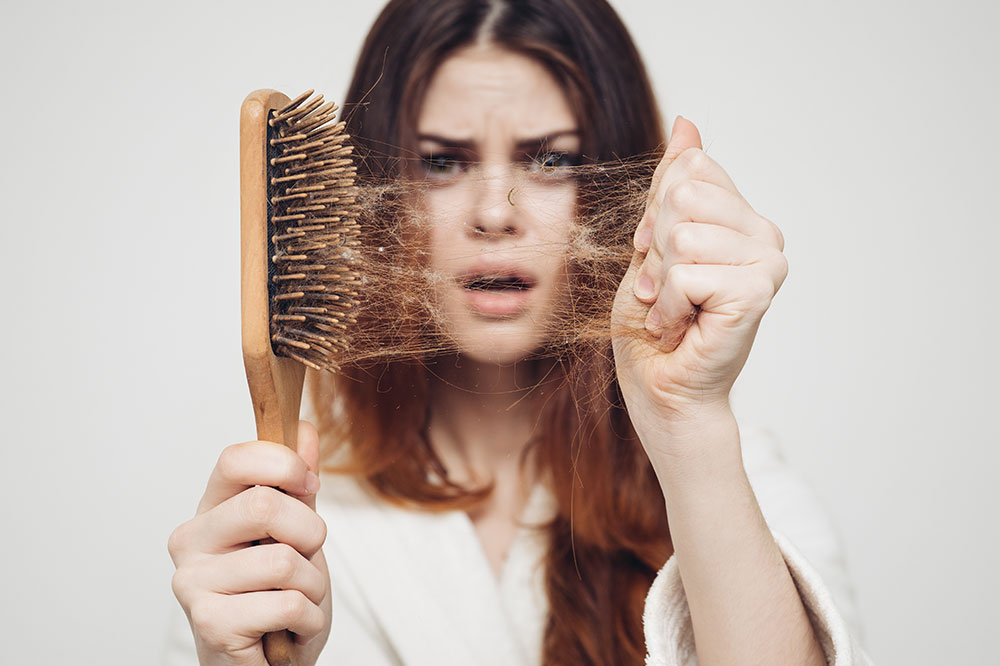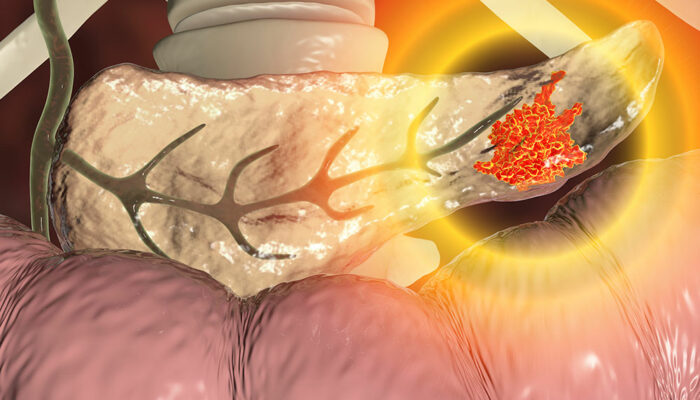
5 Tips for Reducing Hair Loss During Menopause
Menopause is discomforting for women in many ways, especially if they experience hair loss during this period. Most women experience significant hair loss during menopause. It happens because the body lowers the production of estrogen and progesterone. These hormones promote hair growth and lead to stronger hair. Understandably, when their production goes down, hair becomes shorter and thinner.
This affects confidence and makes women self-conscious about their appearance. But, there’s always a solution. Here are a few tips that can reduce and even treat hair loss due to menopause.
1. Increase your protein intake
Hair follicles are tiny pores in the skin. They are responsible for anchoring your hair deep in the epidermis. Hair growth and strength are a consequence of strong hair follicles, which are made of protein. Increasing protein intake further strengthens the hair follicles, which, in turn, reduces hair loss. Research has confirmed that a lack of protein promotes hair loss. So add egg whites, low-fat cottage cheese, lean meat, legumes, and nuts to your diet.
2. Focus on these vitamins and minerals
Protein isn’t the only nutrient that reduces hair loss. During menopause, women should also include vitamins and minerals like zinc, iron, vitamin A, C, D, and E in their diet. These nutrients serve different functions, from strengthening hair follicles to reducing oxidative stress due to free radicals. Foods that are good sources of these nutrients include red meat, spinach, oysters, lentils, fatty fish, and strawberries.
3. Hormone therapy
Hair loss in menopausal women is caused due to hormonal imbalance. The production of estrogen and progesterone is lowered, making hair shorter and thinner. Hormone therapy can easily address this problem, as it directly supplies these hormones to the woman’s body. Doses of these hormones are given in varying forms, including estrogen and progesterone creams, pills, and patches. Hormone therapy can also help combat hot flashes and night sweats, moodiness, and loss of libido, which are common symptoms in menopausal women.
4. Reduce stress
Stress causes hormonal imbalance. In menopausal women, this can have detrimental effects like hair loss, mood swings, and anxiety. Too much stress may also affect the brain chemistry in menopausal women, which can cause serious damage to the organ. Hence, women in menopause should avoid stress in whatever way they can. Exercise can help, and so can yoga and meditation.
5. Avoid unnecessary upgrades to your hair
All kinds of hairstyling should be avoided by menopausal women. Heating tools, such as hairdryers and straightening irons can lead to breakage of already vulnerable hair, which increases hair loss. Extensions and other styling methods also cause hair loss, while using artificial color damages the scalp and affects hair health. Therefore, women in menopause should keep their hair as natural as possible.



